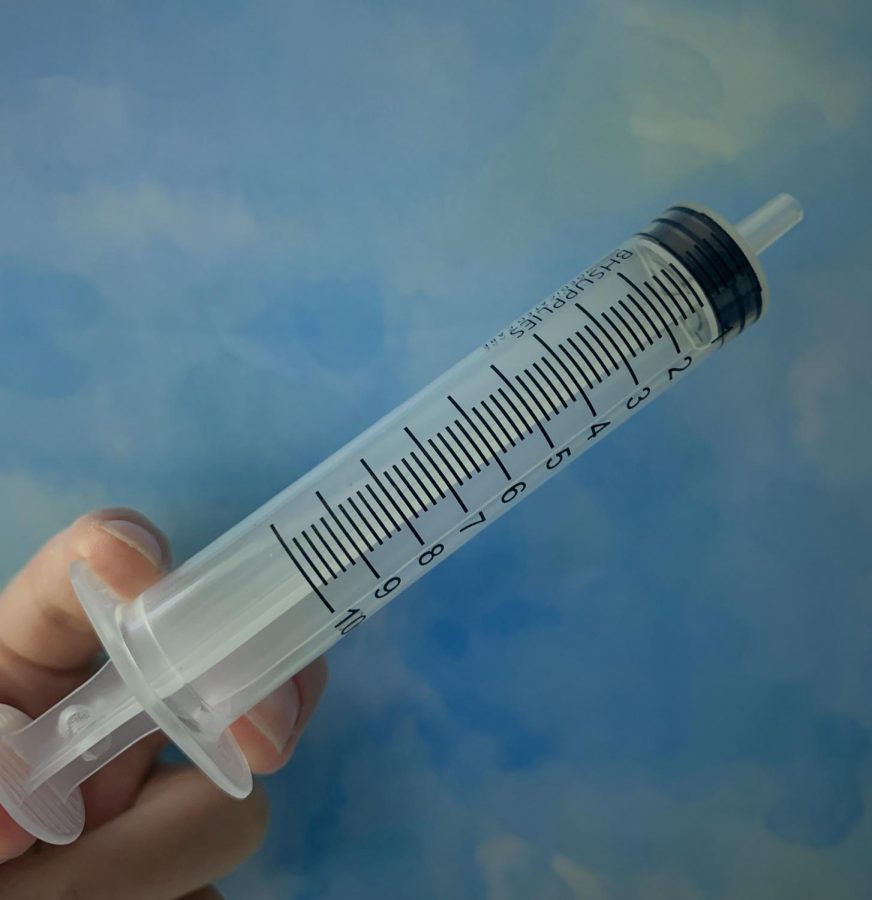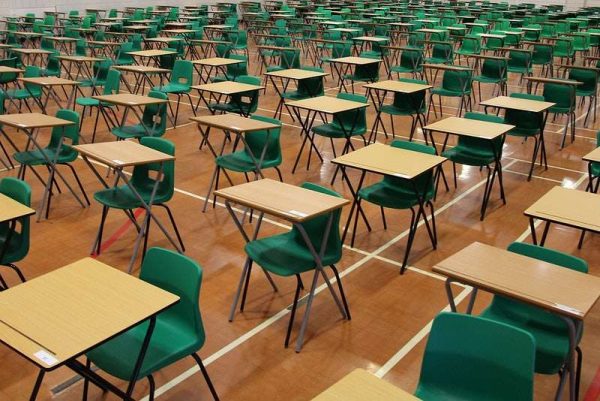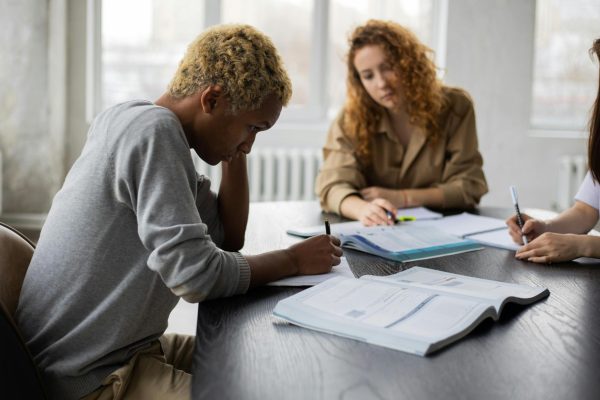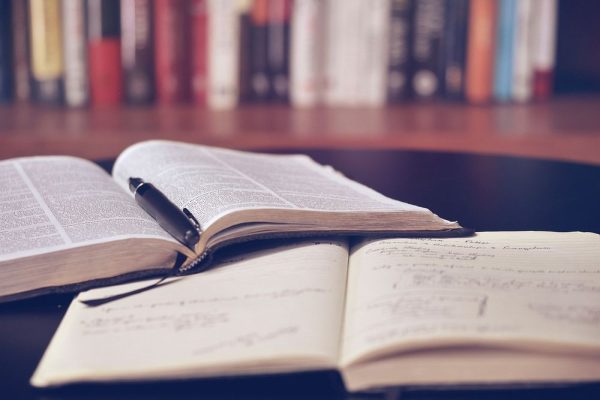How Altruism Can Help Cure this Pandemic
With the end of the COVID-19 pandemic nowhere in sight, Americans look to the vaccine as their savior. For the FLHS community, a coronavirus vaccine means that students can hug their friends at school, attend sporting events, and perform in concerts. However, the high rate of vaccine skepticism may be a major obstacle between the current way of life and the normalcy of pre-pandemic life. Even if the vaccine is ready for distribution in the near future, who will actually take it?
Operation Warp Speed, the public-private partnership effort to accelerate the production of the COVID-19 vaccine, has introduced a new topic of concern in today’s vaccine distrust: the rate at which the vaccine is being produced. According to Nature, vaccine development typically takes ten years. The COVID-19 vaccine is at groundbreaking speed with expectations that it will be developed in less than one year. Even if a vaccine is ready around the end of the year, a poll conducted by the Associated Press in May showed that 50% of Americans were either hesitant or would refuse to take the coronavirus vaccine.
It appears that the only remedy for the pandemic is a vaccine that is stuck in a predicament. The faster that the vaccine is produced, the faster the pandemic will end. However, the faster that the vaccine is produced, the less likely people will be to take it right away.
A member of the FLHS community told The Prospect, “I am definitely concerned just because rushing something like a vaccine could be fatal, although I have faith that the vaccine won’t be released unless it’s completely safe.”
Lily Solz, a FLHS senior, shares a contrasting perspective: “I will definitely take the vaccine right when it comes out without hesitation. I want life to return to normal as soon as possible and have no fears taking [it].”
According to the New York Times, although the COVID-19 vaccine is being produced at such a high speed, the quick pace should not be associated with haste, and all safety precautions are being enforced.
For those who are not as confident in the vaccine as Lily, Jan Hoffman from the New York Times explains that Americans need to practice altruism in the form of taking a vaccine. In the podcast, The Vaccine Trust Problem by The Daily, Hoffman explains, “[Taking the vaccine] is one way to express altruism – is you say, I care about you. I will protect you so I cannot get myself sick, and I will not get you sick.”
Hoffman believes that the current cultural moment among Americans does not include the same sense of selflessness that is necessary to shut down this pandemic. Even if society overcomes skepticism about vaccine safety, many people lack the mindset of protecting their country, their community, their neighbors, and others before themselves.
For example, the flu vaccine poses no major health concerns and taking it is a safe way to protect babies, the elderly, and cancer patients. And yet, Hoffman cites that, “The uptake for flu vaccine in adults 18 and older is only about 45 percent a year.”
Esther Samuels, a rising junior, tells The Prospect, “An effective vaccine is the only sustainable way to reduce the burden of illness and develop herd immunity which will help eradicate the virus.” Many FLHS students may not be in serious danger from the coronavirus, but taking the vaccine is a way of preventing transmission to those at extreme risk.
In order to return to the pre-pandemic life that so many FLHS students desire, people have to overcome their vaccine skepticism. FLHS junior, Harper Treschuk, embraces the idea of altruism: “If the vaccine is what scientists believe will best achieve [normalcy], I am willing to overcome my reservations and take that risk.”
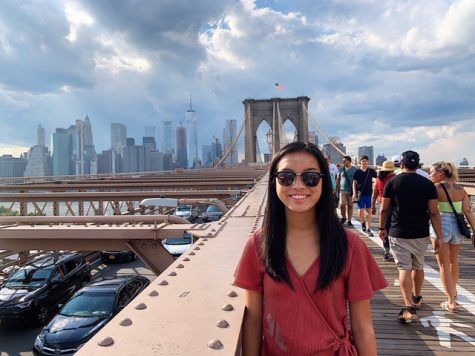
This is Lauren's second year as the Features Editor for Prospect. She is also the Podcast Editor.
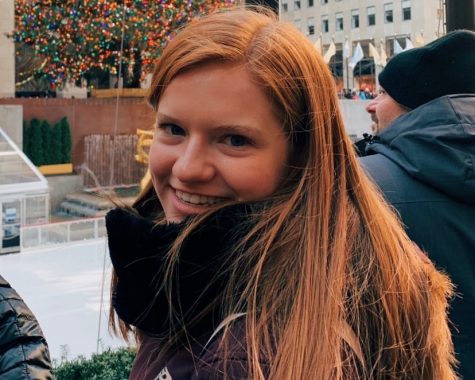
Isabelle is the Photography Editor for Prospect. This is her third year as a photographer on the Prospect staff.

